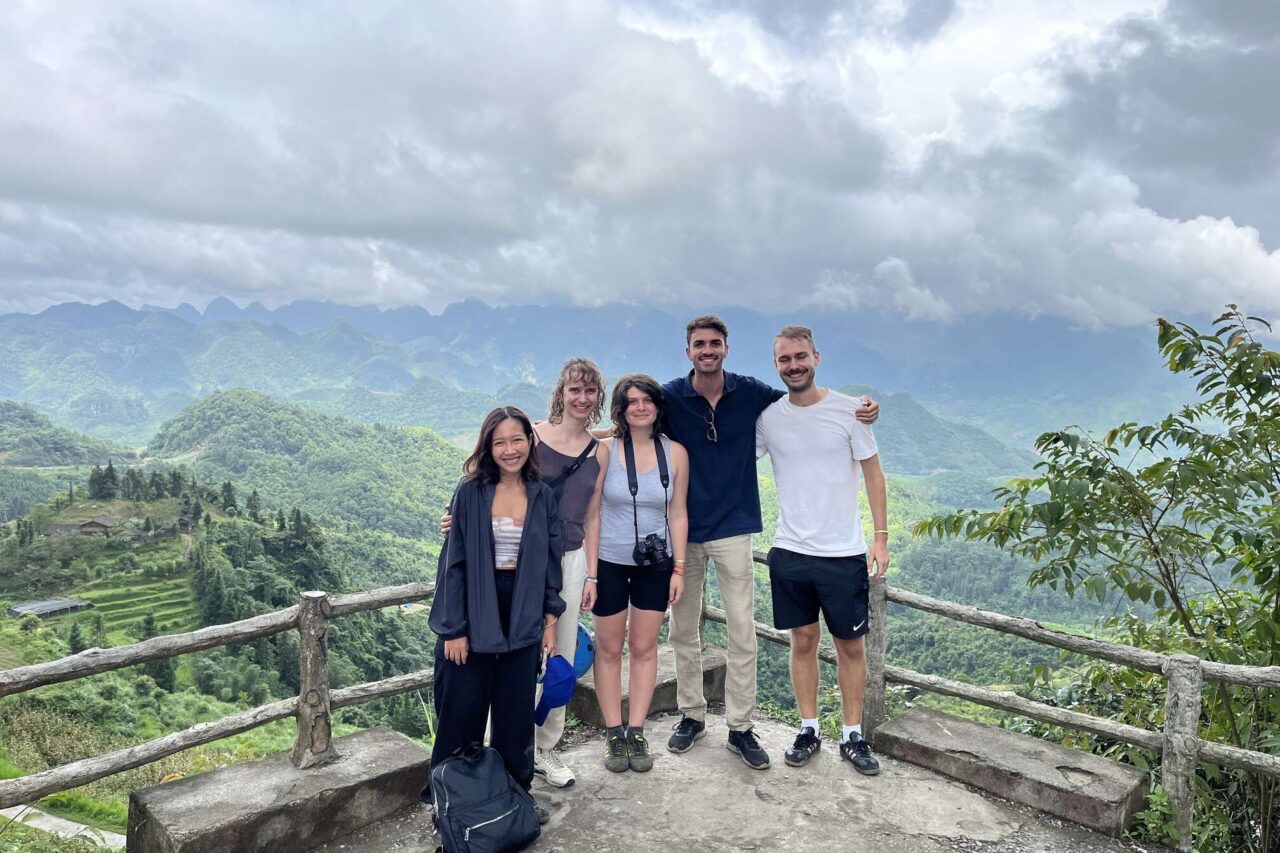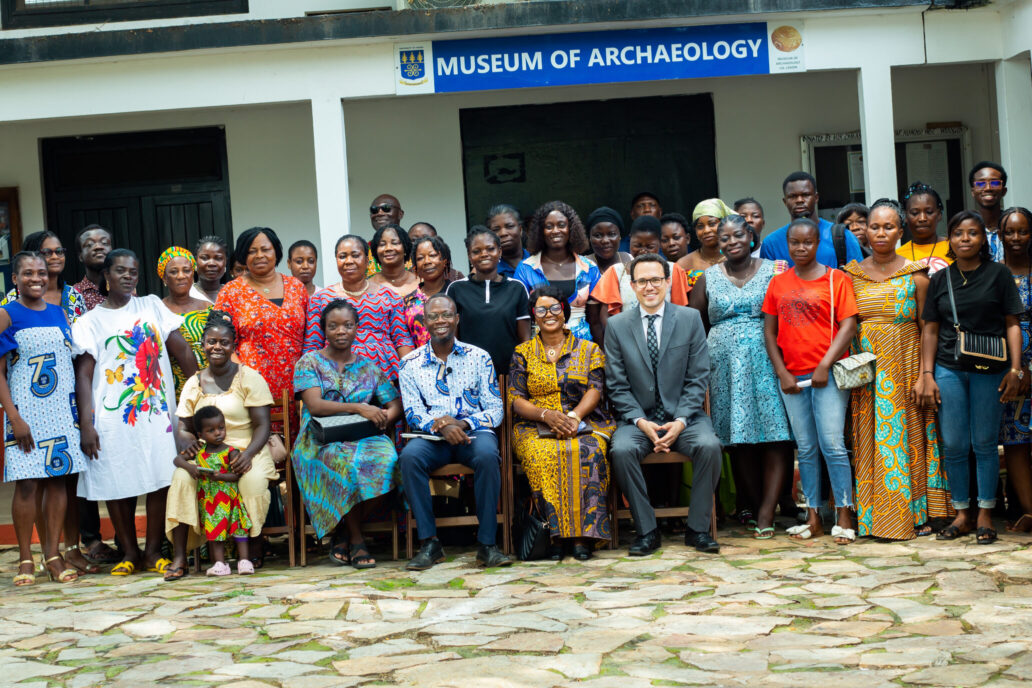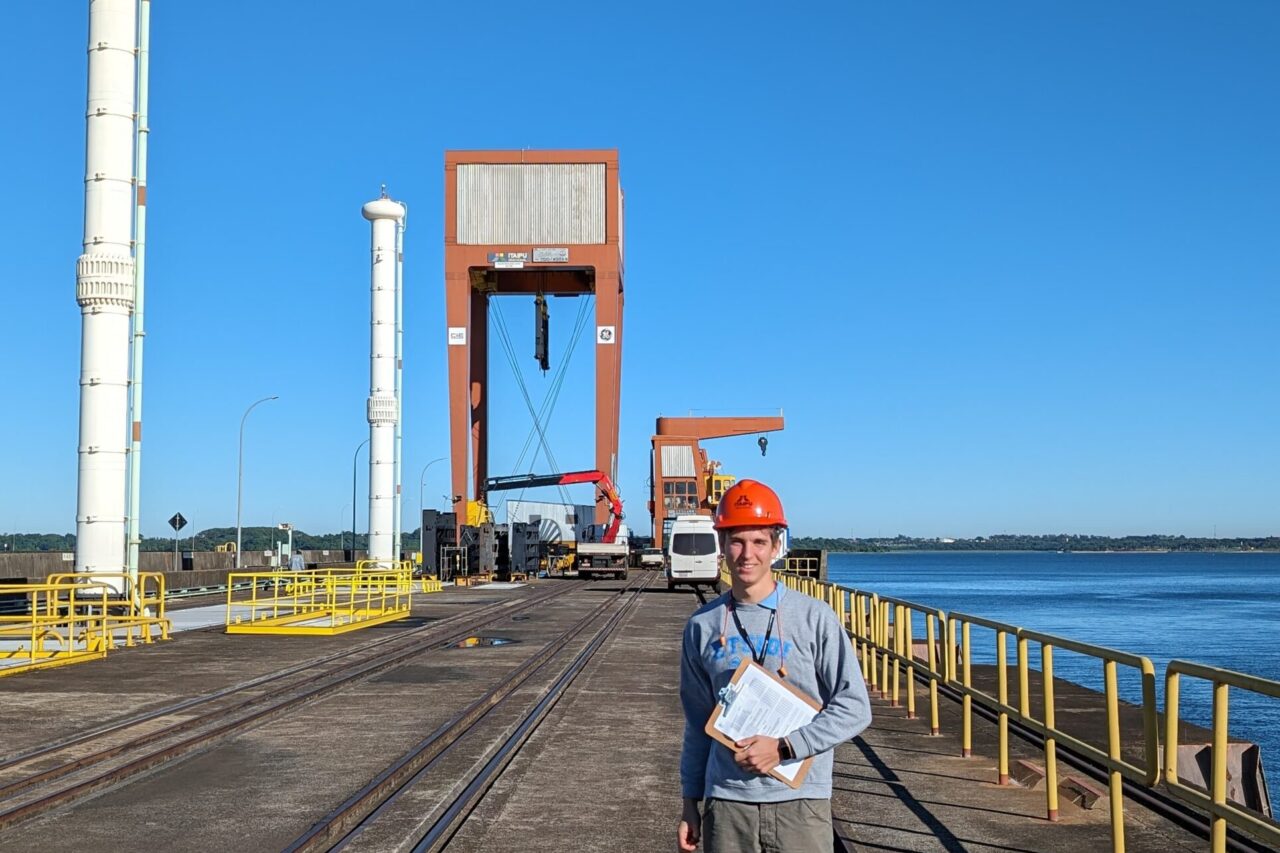Arosa, in the Swiss Alps is where ozone measurements began, almost 100 years ago. Now Arosa's Light Climatic Observatory is preparing to move to Davos.
The dominant climate story of the 1980s was the ozone layer. Concerns about the depletion of the ozone layer, a part of the stratosphere between 15 and 35km above the Earth's surface, date back to the 1970s but they took a decade to reach mainstream awareness.
The ozone layer is vital for absorbing the sun's harmful shortwave UV radiation, which causes skin cancer and affects marine ecosystems and agricultural productivity. In the mid-1980s the world became aware of 'holes' in the ozone layer, particularly over the poles - though in reality these are just very thin parts of the layer.
The dominant climate story of the 1980s was the ozone layer. Concerns about the depletion of the ozone layer, a part of the stratosphere between 15 and 35km above the Earth's surface, date back to the 1970s but they took a decade to reach mainstream awareness.
The ozone layer is vital for absorbing the sun's harmful shortwave UV radiation, which causes skin cancer and affects marine ecosystems and agricultural productivity. In the mid-1980s the world became aware of 'holes' in the ozone layer, particularly over the poles - though in reality these are just very thin parts of the layer.






